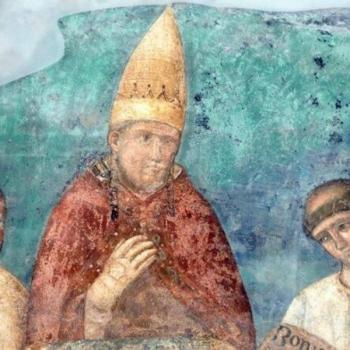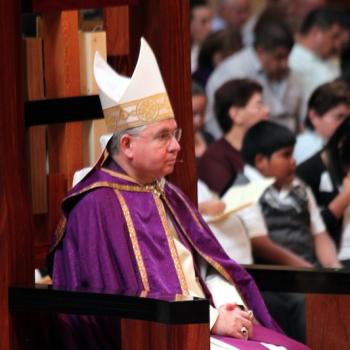Doesn’t it happen often that we perform a good deed or a nice thing for another person and we don’t even get a thank you? We often feel a bit annoyed, sometimes even upset. Sometimes we expect a thank you note, and it never comes.
One that happens quite a bit is when one holds the door open for someone coming into a building. The person doesn’t even recognize the kind action. Perhaps it’s because the lady expected the gentleman to open the door. Perhaps I just need to get over myself.
I’ve heard parents say many times about their children and sometimes to their children directly, “I don’t even get a thank you!!!” A thank you from a child to his parents is much more deserved and needed than a thank you for opening the door.
Other times we get upset because we helped a certain friend or relative when they were in a tight spot and some time later they become unappreciative. We feel entitled to their eternal gratitude.
When we are good to other people, we cannot do it expecting a thank you. A thank you is always appreciated, but we cannot expect it. We must do good for its own sake, for the sake of imitating Christ and extending his kingdom on earth, not for the sake of the appreciation and gratitude that will be shown to us.
Naaman was a Syrian official who traveled to Israel seeking to be healed from his leprosy. He was sent by the king to Elisha who asked him to dip seven times on the Jordan. Naaman did it and was miraculously healed. He returned to Elisha to thank him with a gift but Elisha would not accept it. He pointed to God. He told Naaman he needed to thank God for the miracle, not him. In other words, to God alone belongs all praise and thanksgiving. Elisha did not care if he was thanked or not as long as Naaman gave thanks to God. We need to be like Elisha, pointing to God when we are thanked by others and turning to God with heavy hearts when we are disappointed because we were not thanked.
In the Gospel passage which is very familiar to all of us, one man returns as Naaman did to give thanks. This time he returns to give thanks to Jesus, to God himself.
The only person who is owed thanks is Jesus Christ, God himself, the giver of all good gifts.
We can be quick to condemn the nine men who did not return to thank Jesus. The other nine probably felt thankful to Jesus, but got all caught up with celebrations with family and friends. They didn’t find the time to return to thank Jesus for the healing. It wasn’t that they hated Jesus, but they just forgot or found it unimportant. Despite having received a wonderful healing, they chose to do other things.
We are called to be like the one man who returned to thank Jesus. We are called to constantly give thanks to Jesus for the life he has given us and for the many blessings he showers daily on us.
But we often find ourselves like the other nine lepers who did not return. We get all caught up with the business of life. We begin to depend entirely on our own efforts rather than recognizing and thanking God for the many blessings and talents he has given us. We are called to be grateful to God at all times.
The Eucharist is the most perfect way to give God thanks for all he has given us. That’s why we gather every week. Eucharist means thanksgiving in Greek.
The Eucharist is a concrete time to give thanks to God. Today we join the one leper who returned and give thanks to Jesus for the many blessings he has shown us.












